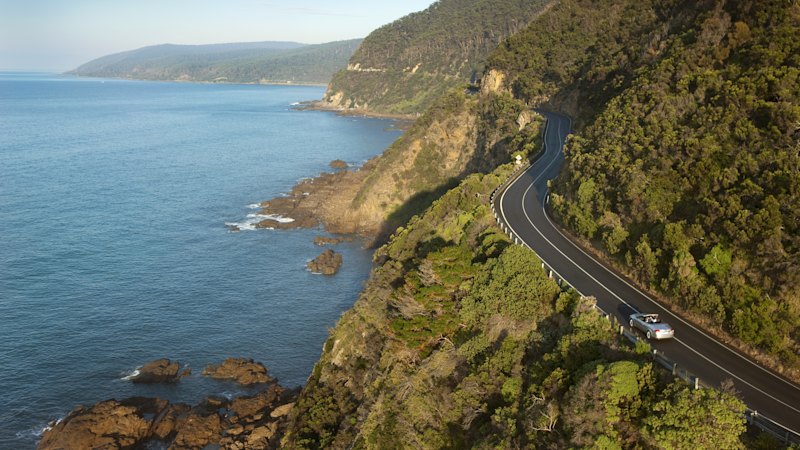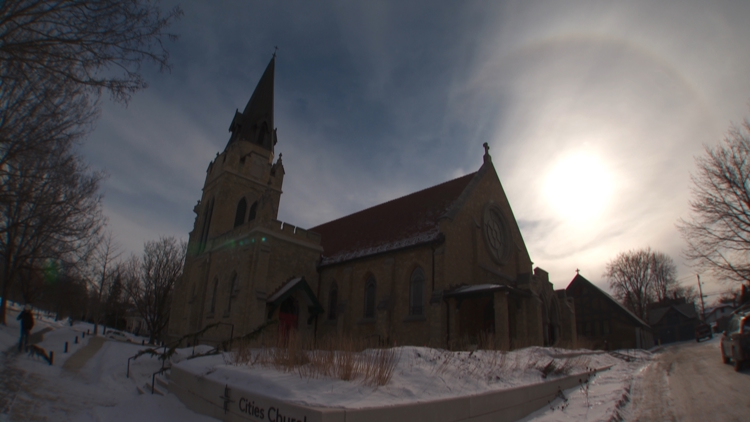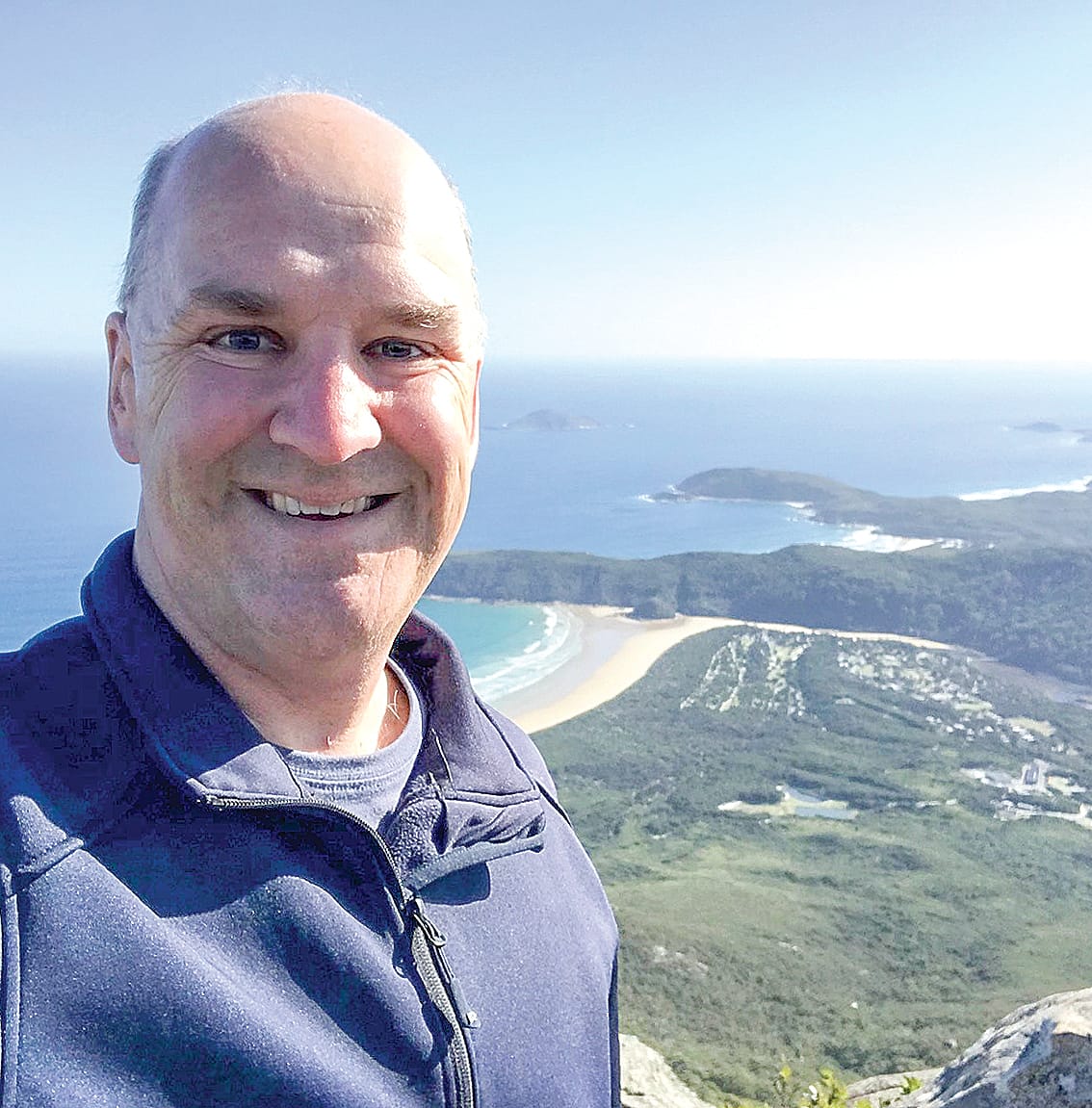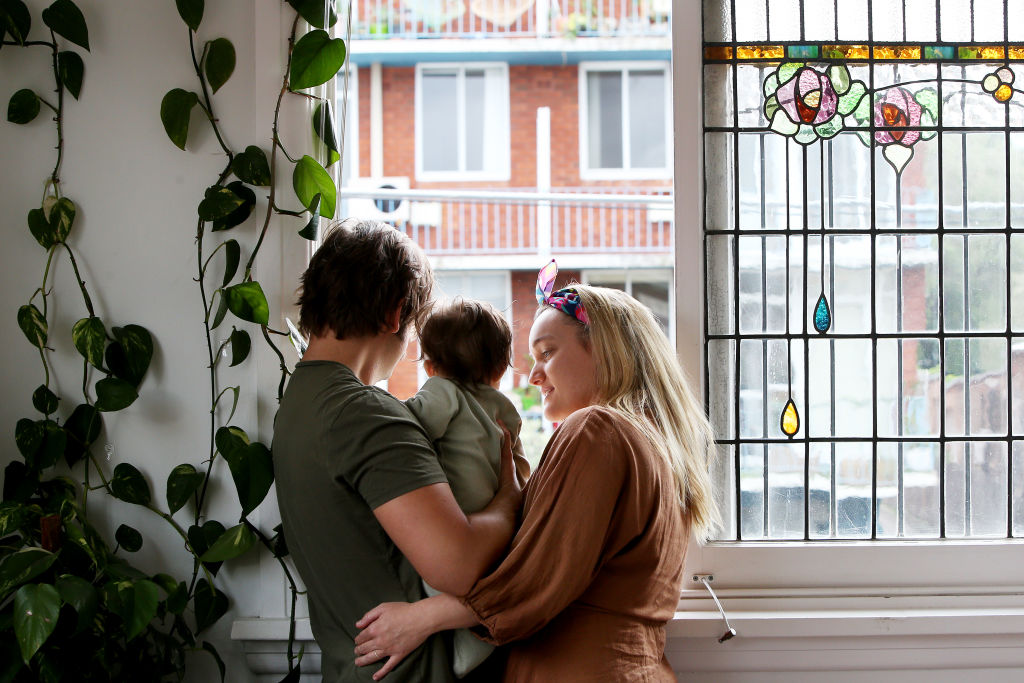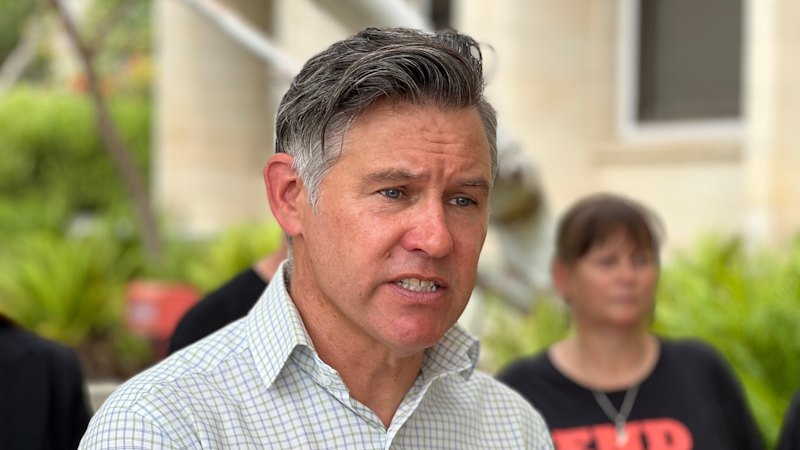
Proposed legislation in West Australia (WA) aimed at curbing the glorification of illegal activities on social media has sparked significant concern among activists and legal experts. The law seeks to criminalize social media posts that enhance an offender’s notoriety or humiliate victims. Critics argue that the provisions could infringe on free speech and democratic rights.
Brad Pettitt, leader of the WA Greens, expressed his alarm at a press conference on Monday, stating, “It’s a deeply worrying bill that could have an absolutely stifling and chilling effect on public expression and peaceful protest in this state.” He emphasized that while the government claims it will not target peaceful protests, the bill’s wording suggests otherwise. Pettitt called for revisions to ensure that the legislation does not hinder fundamental rights.
Concerns have also been raised regarding the legislative review process. The Australian Democracy Network criticized the committee for its decision to limit public submissions, citing a three-month reporting deadline as justification for its secrecy. Spokeswoman Anastasia Radievska stated, “Shutting out community voices on that basis is indefensible,” urging the committee to allow public input.
Premier Roger Cook defended the legislation, asserting that the government has consulted with various stakeholders and believes the laws will not compromise freedoms. He pointed out that community concerns over the glorification of criminal activity on social media necessitate action. “That’s not right, so we need to act to ensure that we keep the community safe,” he stated.
The proposed laws target activities such as hooning and motor vehicle theft. If enacted, individuals could face penalties of up to three years in prison for sharing posts related to these activities, including online content. The government aims to limit further harm to victims by preventing the malicious dissemination of information regarding criminal behavior.
Similar laws have been introduced in other Australian jurisdictions. In August, Victoria passed legislation allowing for additional prison time for individuals convicted of serious offenses who post about their crimes online. New South Wales has updated its bail laws to include penalties for those who use social media to advertise their involvement in crimes. Queensland, South Australia, and the Northern Territory have also enacted related laws, while the Tasmanian government has indicated plans to introduce similar measures.
The WA committee is expected to report its findings to parliament in November. As discussions continue, the balance between public safety and the protection of civil liberties remains a contentious issue in the state. Activists continue to call for transparency and public engagement in the legislative process, emphasizing the importance of safeguarding democratic freedoms.
